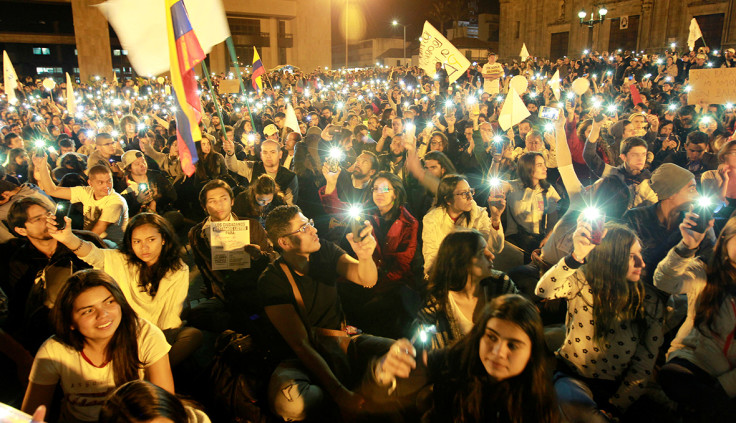Colombia government rules out further negotiations in peace accord reached with Farc rebels
Chief government negotiator says the new pact was the best the two sides could achieve.
The Colombian government and the Revolutionary Armed Forces (Farc) have finalised revisions to a peace accord between the two parties, negotiators confirmed on Tuesday (15 November). Only small modifications seem to have been made to the expanded 310-page document and those who opposed the original draft might be displeased considering they feel the deal is too heavily in favour of the rebels.
Minor changes made to the accord include clarifying private property rights and detailing how the rebels would be confined to rural areas for crimes committed during the war.
Chief government negotiator Humberto de la Calle told reporters in Bogota that the new pact was the best the two sides could achieve, and it will not be altered.
"This is the final accord; it's the definitive accord," he said. "There's really no room for more negotiation."
The peace deal is expected to help end the 52-year-old war between the Marxist Farc rebel group and the government, during which more than 220,000 were killed and millions displaced.
The approval of the new deal will follow meetings with legislators, Interior Minister Juan Fernando Cristo said. It can then be ratified through Congress by President Juan Manuel Santos.
In early October, a majority of Colombians voted against the original draft in a plebiscite, with many, including former President Alvaro Uribe, opposed to the clauses that allowed rebels to hold public office and serve punishments outside of prison. The final draft also allows rebels to hold public office, although anyone who confesses to having committed a war crime will be forced to live outside of urban areas for five to eight years.

© Copyright IBTimes 2025. All rights reserved.






















